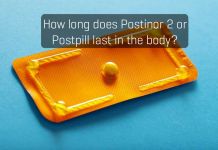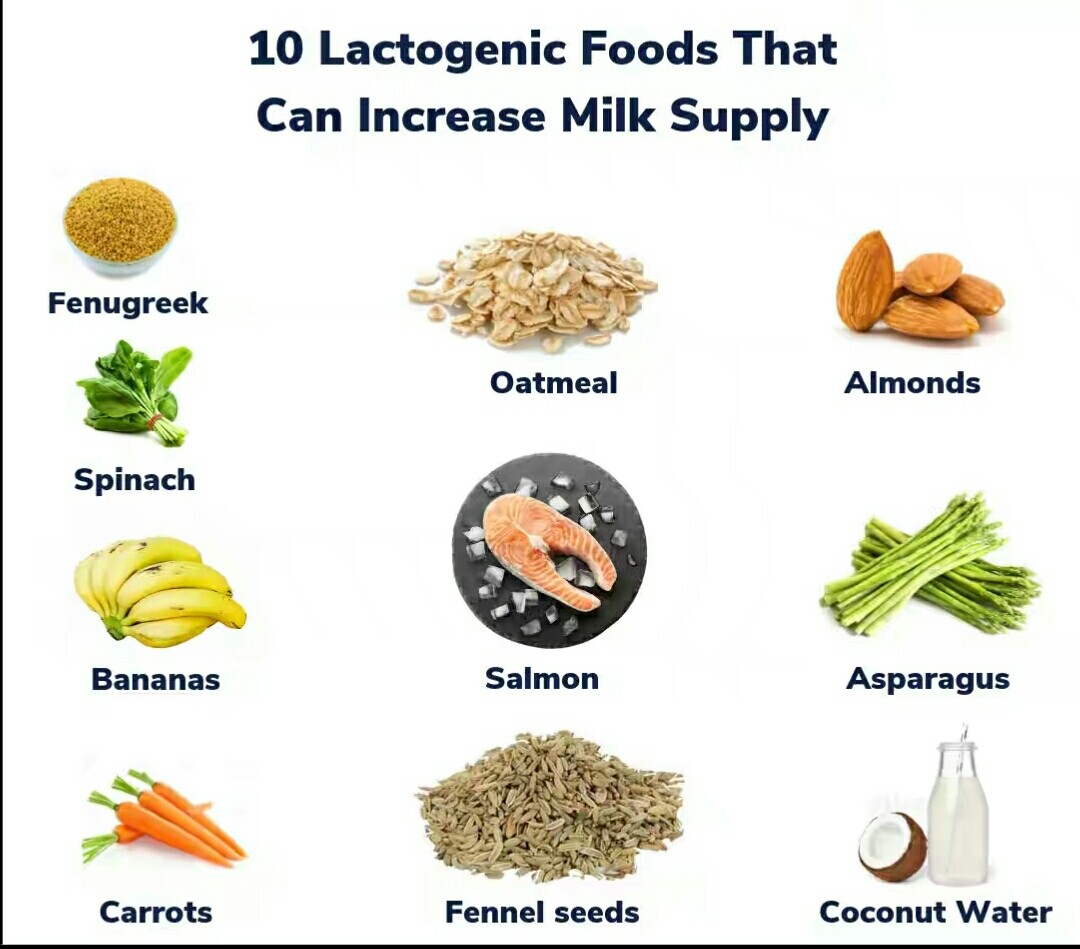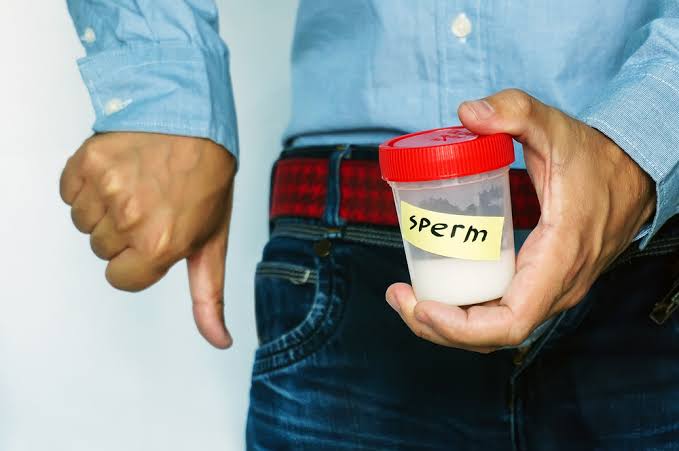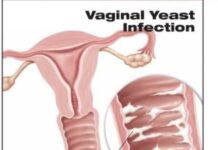Excessive salt intake can expose one to health problems such as:
– Hypertension
– Heart disease
– Stroke
– Kidney disease and much more.
But how much salt is really too much? Check out this thread for a detailed analysis.
Sodium — often simply referred to as salt — is found in nearly everything you eat and drink. It occurs naturally in many foods, is added to others during the manufacturing process and is used as a flavouring agent in foods cooked at home and in restaurants.
For some time, salt has been linked to high blood pressure, which causes damage to your blood vessels and arteries when chronically elevated. In turn, this increases your risk of heart disease, stroke, heart failure and kidney disease.
Health experts have guidelines for limiting salt intake but, there’s some controversy as not everyone may benefit from a reduced-sodium diet. This is why we feel the need to explain the importance of salt & potential risks of over- or underconsumption and what’s safe to consume.
Why is salt necessary for our health?
Whether we like it or not sodium is a necessary nutrient for good health. It’s one of your body’s electrolytes, which are minerals that create electrically charged ions.
A major source of sodium in most diets is added salt in the form of sodium chloride — which is 40% sodium and 60% chloride by weight. Because salt is widely used in food processing and manufacturing, processed foods account for an estimated 75% of total sodium consumed.
Most of your body’s sodium resides in your blood and the fluid surrounding your cells, where it helps keep these fluids in balance. Along with maintaining normal fluid balance, sodium plays a key role in normal nerve and muscle function.
Your kidneys help regulate your body’s sodium levels by adjusting the amount that is excreted in your urine. You also lose sodium through sweating. Dietary sodium deficiencies are very rare under normal conditions — even with very-low-sodium diets.
What is the relationship between salt and High BP? It’s long been known that sodium increases blood pressure — particularly in people with elevated levels. Most experts believe that the link between sodium and high blood pressure was first identified in France in 1904.
Yet, it wasn’t until the late 1940s that this connection became widely recognized when the scientist Walter Kempner demonstrated that a low-salt rice diet could lower BP in 500 people with elevated levels. Since then, research has established a strong relationship between both.
However, not everyone responds to sodium in the same way. People with high blood pressure, diabetes and chronic kidney disease, as well as older adults and African Americans, tend to be more sensitive to the blood-pressure-raising effects of sodium.
If you’re sensitive to salt, limiting sodium intake is recommended — as you may be at a higher risk of blood-pressure-related heart disease.
What’s the official dietary sodium requirement? It’s estimated that your body needs 186 mg of sodium per day to function properly. However, it’s almost impossible to consume this little, still meet your energy needs & get the recommended intake of other important nutrients.
Therefore, dietary experts and many health authorities recommend that healthy adults should limit their daily sodium intake to less than 2,300 mg (2.3 grams). This is the equivalence of one teaspoon of salt. The @WHO suggests consuming 2,000 mg (2 grams) of sodium per day.
This limit was established based on evidence from clinical studies that sodium intakes above 2,300 mg (2.3 grams) per day can adversely affect blood pressure and increase heart disease risk.
Due to the increased sodium loss through sweat, these guidelines don’t apply to highly active people like athletes or workers who are exposed to heat. Sadly,, many people consume much more than the recommended amount, averaging about 9-12 grams) daily according to WHO.
Also, people with normal blood pressure levels may not benefit from restricting their sodium intake. In fact, evidence to suggest that consuming less salt decreases heart disease risk in healthy people is limited. According to a research conducted by PUBMED, it may even be harmful.
So should you limit your salt intake?
People with high blood pressure who consume more than 3 grams of sodium per day should certainly consume less. The same may apply if you have been instructed by your physician or dietitian to limit your sodium intake for medical reasons.
However, cutting back on sodium doesn’t seem to make much of a difference for healthy people. Though health authorities continue to push for lower sodium intakes, reducing sodium too much — below 3 grams per day — may negatively impact health.
So how can you Control Your Blood Pressure and Improve Health?
There are more practical and effective ways to control your blood pressure and improve your health without having to focus solely on how much sodium you consume.
These include:
– Exercise
– Eating More Fruits and Vegetables
– Eating fewer calories
– Limit alcohol intake
– Eat more foods rich in potassium: bananas, oranges, dates, dried fruits, beans, etc.
In conclusion, too much salt is dangerous but so is consuming too little, especially when you’re not at risk for high BP. If you’re worried about your BP, there are several other effective things you can do – exercising, optimizing your diet or losing weight.

Credit: Woman’s Day
This article was aimed at answering the following questions
Recommended daily salt intake
Daily salt intake recommendations
Daily sodium intake
How much salt per day
Average daily salt intake
Daily sodium intake for high blood pressure
Daily sodium intake to lose weight
Salt intake and hypertension
Thank you and kindly share.
Source: Thread created by Avon Healthcare on Twitter, WHO, PUBMED and Nigerian Health Blog





















